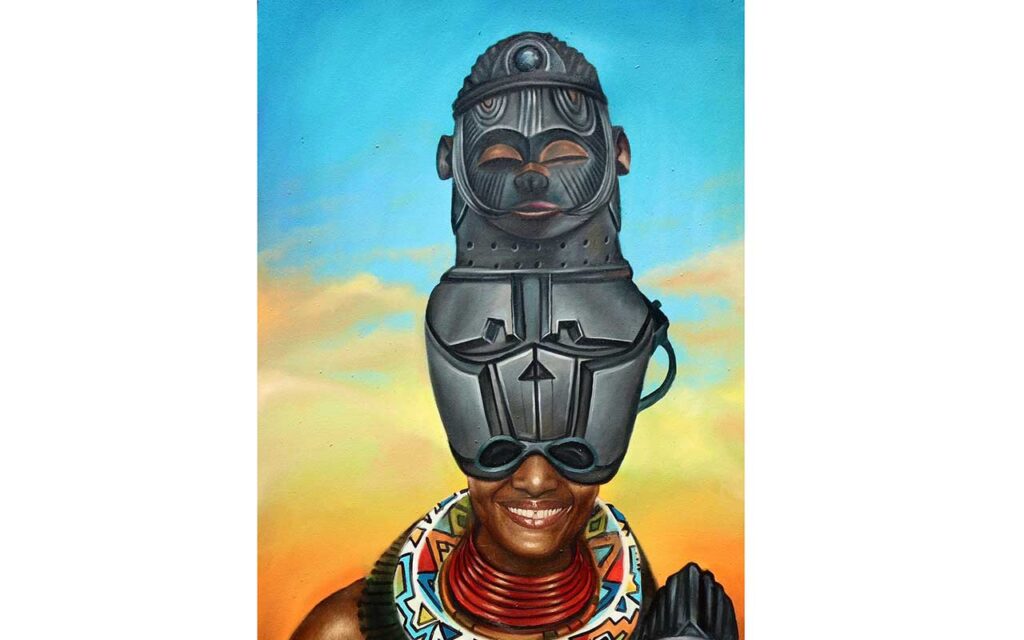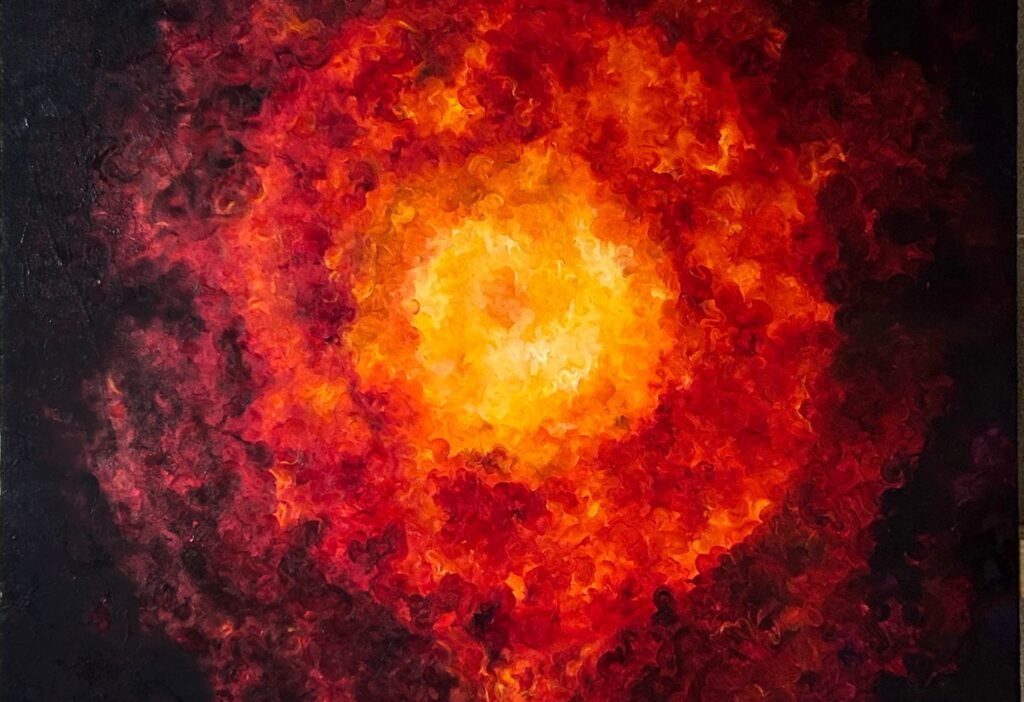
With themes and sub-themes on tyranny, bad governance, squandering of public fund and impunity, the play, a satire on military rule, trails how military incursion in politics across Africa, especially Nigeria, has slowed down development in the continent and has also brought inconsistencies in government policies, killed many people through coup and counter-coups and affected the psyche of civilians, who on their own cannot defend themselves.
The plot chronicles the debauched rule of General Basha Bash (Torishedu Akhiaegbu), who takes power in a coup and changes his general’s uniform to a civilian robe. He re-christens himself King Baabu. This is to show his supremacy and power over this people. He challenges Britain, who still runs monarchal system of government and any other country across Europe, to dare intervene in his country’s affairs and he will show them whom he is. He boasts on the gallantry of his soldiers to defend Bantuland, a country assumed to be the strongest and richest in terms of human and material resources in its sub-region.
Though, through the advice of the wife (Tessy Brown), the brother-in-law (Seun Kentebi) and other lieutenants that surrounds him, King Baabu cleverly eliminates those that helped him get to power. His wife shows murderous hatred for the Mariam, the wife of the former head of state and as a result works hard to make the husband remain in power to incapacitate their enemies and amass wealth for their family.
For the love of power, King Baabu surrounds himself with marabouts and priests, who daily tell him what to do so that the people would love him and he would remain in power for as long as he wants. On one of the days, these seers warn that he keeps away from women, especially foreign ladies, but King Baabu sensuality would not let him stay away from beautiful ladies. In want for fun, he throws caution to the winds and sleeps with one of the foreign ladies brought to him. He dies, causing confusion in his cabinet.
Filled with ironies and personifications, Soyinka uses the Baabtuland as a metaphor for Nigeria as well as the ugliness of military rule across the continent. Drenched in intrigues, conspiracy and ambition, unconscionable King Baabu explores the seemingly imitable defects inherent in the Nigerian military to attain power and perpetuates all the atrocities associated to his name.
And from the way the play begins, one needs no prophet to identify that the playwright meant General Abacha, a Nigerian dictator, who inordinately wants to remain in power forever, but was cut short of his expectations by circumstances beyond him. It tells how through a palace coup the dictator takes over the machineries of government, but die while in power, making General Abdulsalami Abubakar, head of state; who restored democracy in 1999.
The playwright draws upon the very private, often puerile aspects of power-obsession to brilliant and sometimes absurd intrigues between people to depict the level of intrigues and politicalisation that goes on in state house.
Weaving together burlesque comedy, theatrical excess and storytelling, the play has such profound relevance in Africa with the way it parodies Africa’s political dictators.
Although Abacha had died in 1998, King Baabu has a strong connection with Nigeria’s emerging democracy and other African countries, where Monarchs and sit-tight leaders seem to think that political leadership is a lifetime title that they must hold on to.
Using background voices to represent dissent voices and sometimes the voices of civilians calling for changes in the polity, the director, Shola Adenugba, generously utilised costumes to reflect the changes and transformation of guard of honour. He also used light and music to show effects.
This to a large extent reconnected the audience to the time in question and created the ambience of fear, sorrow and tension, which the theme and subthemes depict.
Spicing the play, Adenugba brought his deftness to it by directing the play to reflect the present dispensation of Buhari administration that is out to check corruption. It through the stage calls all those seeking public offices to shun corruption, uphold financial probity and to serve to improve Nigeria.
However, maybe for space, the stage was at the centre of the hall, perhaps which made cast at the crescendo of the play, violated the exist-and-entrance rule, making all openings a passage. This though changed audience focus, as it led to turning of heads; it however, depicts the confusion that is associated to military actions.
Asides this minimal technical details the cast were up in their games and exhibited high level of proficiency in their oral presentation and body language.









